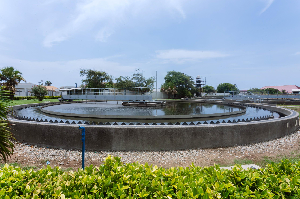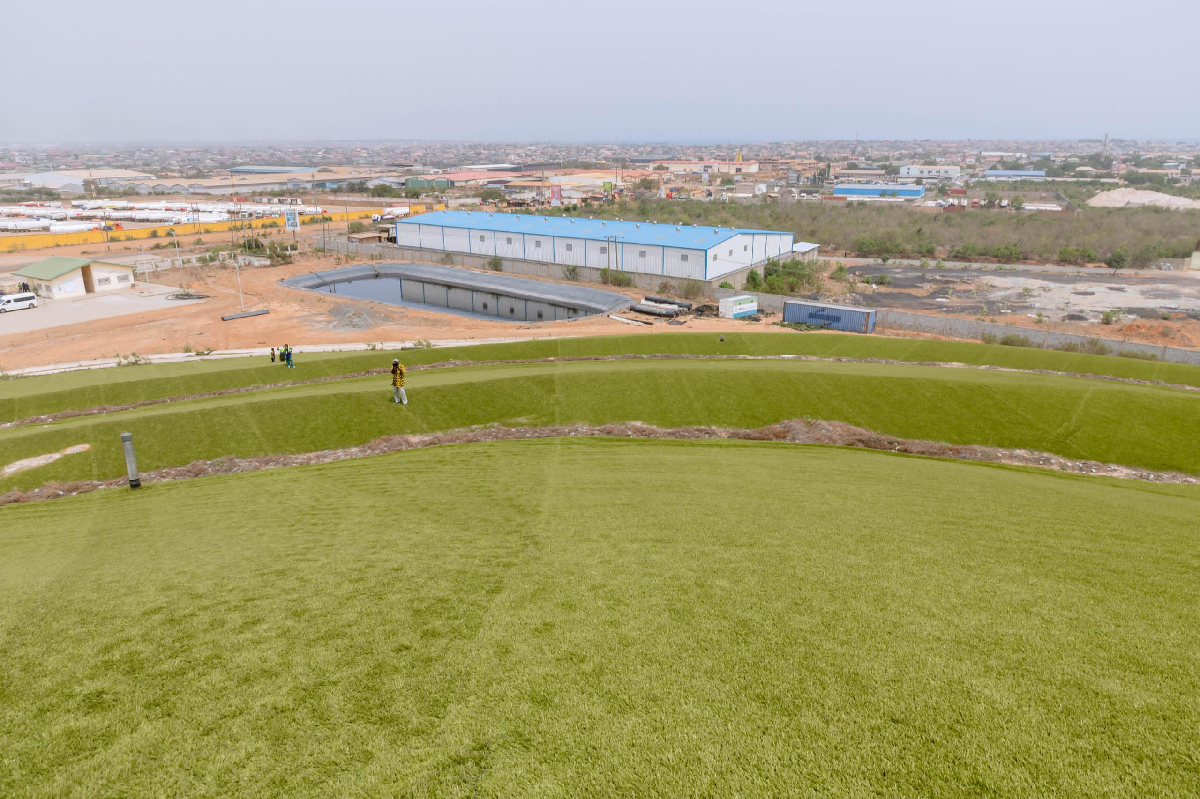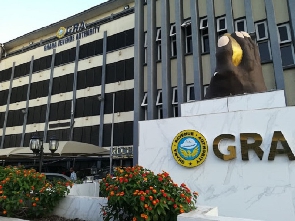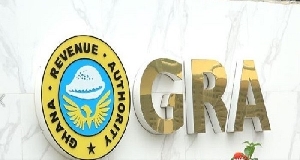Ted News Ghana Blog of Tuesday, 15 April 2025
Source: TEDDY VAVA GAWUGA
Jospong: The Unsung Hero of Ghana’s Sanitation Revolution

There was a time — not too long ago — when Ghana’s urban centres teetered on the edge of a sanitation crisis. Streets overflowed with waste, open drains choked with filth, and cholera outbreaks followed every heavy rainfall like clockwork. Children carried refuse barefoot to unmanaged dumpsites, unaware of the risks. Sanitation workers were invisible — mocked, underpaid, and undervalued.
But amidst the grime and chaos, a quiet revolution began. Its name? Zoomlion Ghana Limited, under the visionary leadership of the Jospong Group.
Over the last two decades, Jospong has done what many deemed impossible: it has transformed the very fabric of Ghana’s sanitation landscape. Without grand declarations or global fanfare, the group rolled up its sleeves and tackled the country’s mounting waste management problem — head-on.
From Accra to Tamale, Kumasi to Takoradi, 36 fully operational waste treatment plants now dot the country. These include faecal sludge treatment plants, material recovery facilities, composting centres, and modern landfill sites — infrastructure that simply didn’t exist at this scale before Jospong’s intervention.

Yet the transformation goes beyond physical infrastructure.
By introducing practical innovations such as tricycles for last-mile waste collection, Jospong empowered thousands of Ghanaian youth to become sanitation entrepreneurs. What was once viewed as degrading work has now become a source of dignity, pride, and stable income. The group has directly and indirectly created over 200,000 jobs — not just sweepers and drivers, but engineers, plant operators, logistics experts, and lab technicians.
And yet, for all its efforts, public perception has shifted. Some now associate Zoomlion with inefficiency and irregular service. What many don’t see is the financial strain crippling the system — the Ghanaian government owes the company over GHS 1.6 billion, unpaid for more than two years. This staggering debt has paralyzed operations: trucks sit idle, fuel shortages disrupt logistics, and sanitation workers face delays in wages.
Still, Jospong hasn’t walked away. Despite the debt, the group continues to invest — often through high-risk loans — in infrastructure and service delivery. In a time when many would scale back, Jospong doubles down, driven by a mission larger than profit.
Is it fair, then, to label them the villain?
This is the company that brought structure to chaos, jobs to the unemployed, and dignity to a once-scorned profession. It’s the company that helped eliminate cholera hotspots and restored safety to polluted water bodies. It’s the only private entity in Africa to construct this many waste treatment plants in such a short period.
Without Jospong, what would Ghana’s sanitation landscape look like today? Communities once drowning in indiscriminate dumping now house state-of-the-art treatment centres. Waste is no longer purely a burden — it’s been transformed into compost for agriculture, raw materials for industry, and safe effluent that no longer poisons the land.
Of course, the system is not without flaws. Waste collection remains inconsistent in some regions, and without timely government payments, the current financing model is unsustainable. But blaming the very organization that carried Ghana on its back during its darkest sanitation days misses the larger picture.
Jospong Group is not perfect. But villain? Far from it.
If anything, Jospong is Ghana’s unsung hero — overburdened, underappreciated, and yet still standing. Still working. Still serving. It’s time we acknowledged the journey: from dumpsites to dignity, and gave credit where it is due.














